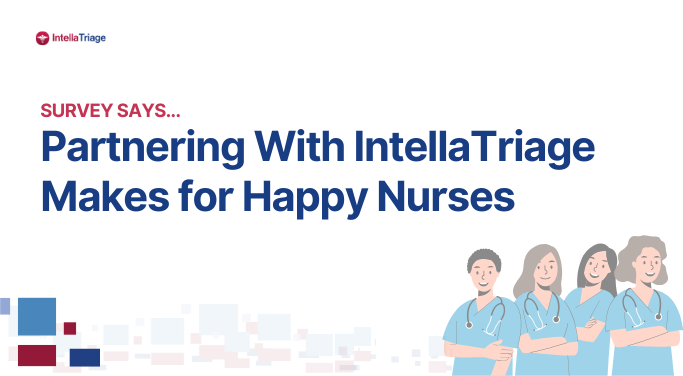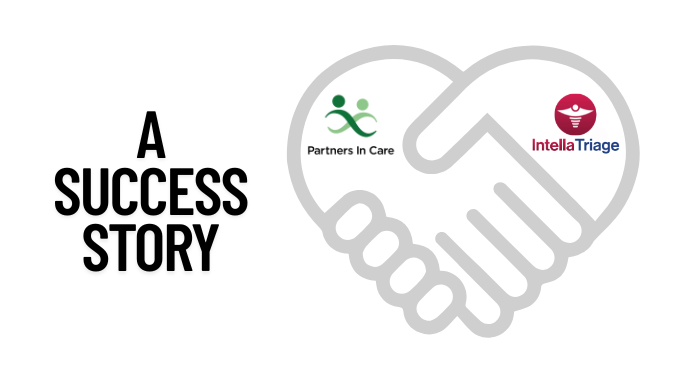Triage nurses are essential members of healthcare teams, delivering critical care across various settings. These settings include hospice, home care, physician groups, Accountable Care Organizations (ACOs), and insurance companies. Triage nurses’ specialized skills ensure patients receive timely, appropriate care, enhancing overall healthcare experiences.
Triage in Hospice Care
Hospice care is a highly specialized service for terminally ill patients, and as such, this kind of care is delivered by highly trained, compassionate nurses. In hospice settings, triage nurses provide specialized support to terminally ill patients and their families. They offer 24/7 access to compassionate care, addressing concerns promptly and alleviating anxiety during challenging times. We understand that the transition to end-of-life care is difficult for families, which is why nurse-first triage for hospice is designed to provide peace of mind to patients and family members.
Triage for Home Health Care
Home health care supports individuals with diverse needs—such as aging, chronic illness, post-surgery recovery, or disabilities—allowing them to remain at home. Triage nurses in this setting assess situations over the phone, provide symptom management, and determine if in-person visits are necessary, ensuring efficient use of resources and timely care.
A team of healthcare professionals provide medical care uniquely designed for home-based treatment to patients who choose home health care. A core member of this team, the triage nurse, is the first line of defense after-hours. As opposed to a call center or answering service that simply directs calls to on-call staff, the triage nurse is trained in the home health care setting and able to deliver quality care, such as medication refills and symptom management, as soon as a patient or caregiver calls. Though home health care does not deal with end of life, many patients are facing long-term illnesses that require specialized nurses who are able to assess the situation and determine the best course of action for the patient.
Triage for Physician Groups
Primary care physicians treat hundreds of patients every month. With their diverse patient population mix, it can be difficult for physicians to manage the needs of every patient. For many physician groups, nurses have become the first line of defense for patient engagement. Because of the added responsibilities of providing live care, remote care, and after-hours care, nurse burnout and turnover levels are historically high. To combat this and support both staff nurses and physicians, nurse triage for physician groups easily integrates into the after-hours care model and begins to take calls immediately. Triage nurses handle after-hours calls, provide medical advice, and reduce unnecessary emergency visits, supporting both physicians and patients.
Triage for ACOs
Accountable Care Organizations (ACOs) are groups of doctors, hospitals and other health care providers who provide coordinated high-quality care to Medicare patients. ACOs aim to deliver coordinated, high-quality care while reducing costs. This coordinated care ensures patients receive the right care at the right time, while avoiding unnecessary duplication of services and preventing medical errors. In order to do this successfully, ACOs have begun looking to triage nursing services to help deliver the needed care, 24/7. Triage nurses offer 24/7 support, reducing unnecessary ER visits by providing licensed nurse care when appropriate, and ensuring patients receive appropriate care promptly.
Triage for Insurers
Insurers are responsible for the overall health of entire geographic populations in the U.S. Insurers utilize nurse triage services to guide members in making informed healthcare decisions. Triage nurses provide health information, self-care advice, and referrals, helping members navigate their care options effectively.
In most cases, the nurse advice line is available at no extra cost to members and helps patients make informed decisions about self-care at home or when to see a health care provider. Registered triage nurses educate the members on their health and provide guidance on treatment options and available resources in their area—allowing them to make informed healthcare choices.
The Many Roles of a Triage Nurse
Triage nurses coordinate the overall care plan, educate patients and caregivers on their healthcare, provide hands-on care and give advice and compassionate support over the phone. Triage nurses fulfill various roles, including:
- Intake Admission Nurse: Assesses patient needs and consults with physicians before program admission.
- Case Manager Nurse: Manages overall care plans, ensuring continuity and personalized attention.
- Visit Nurse: Conducts in-person visits for urgent needs and routine follow-ups.
- Triage Nurse: Provides telephonic assessments, symptom management, and coordinates necessary in-person visits.
These roles collectively enhance patient care by ensuring timely, appropriate interventions, and continuous support. If you have ever wanted to explore switching from an antiquated medical> call center model to a nurse-based triage model, contact us today to learn more.
Contact Us for a Consultation
Ready to optimize your triage process? Reach out to us today for a consultation tailored to your needs. Let’s elevate your patient care together.
More From The Blog
Survey Says… Partnering With IntellaTriage Makes for Happy Nurses In today’s competitive healthcare landscape, becoming the employer of choice is a strategic advantage. And if you’re in hospice or home health, your clinicians aren’t just looking for better pay. They’re looking for better balance. According to a recent survey of IntellaTriage clients, 96% say our [...]
Recent data breaches are once again highlighting the urgency of securing protected health information (PHI). In March 2025, Yale New Haven Health System disclosed that an unauthorized third party accessed the personal data of nearly 5.6 million patients. Around the same time, Kentucky’s Cumberland County Hospital suffered a breach affecting more than 36,000 individuals, including [...]
Partners In Care - A Success Story. Partners In Care is a 5-star nonprofit provider of hospice, palliative, and home health services in Oregon. When they decided to reevaluate their after-hours care model, the goal was clear: prioritize patient care while supporting the nurses who make it all possible. Their home health and hospice nurses [...]









